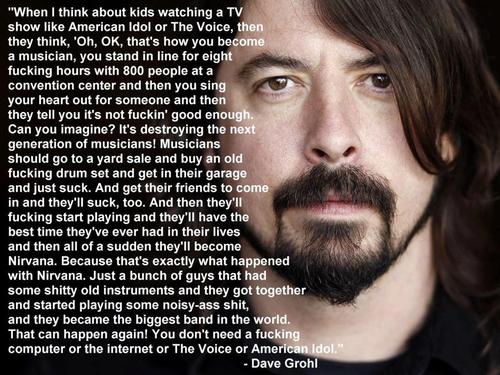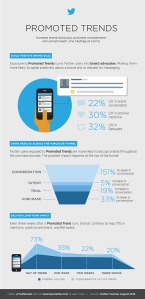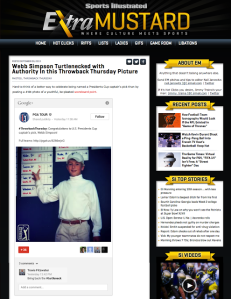I’ll respectfully disagree with Ben Elowitz’s piece at AdAge where he says brands should stop worrying about being publishers because, if I’m understanding his thinking correctly, it’s hard. The gist of his argument is that it’s tough, if not impossible, for a brand to have a point of view on the news of the day and since that’s what publishers are supposed to do – opine – it’s not worth creating original content and they should stick to curation.
That’s shortsighted in a number of ways.
First, a point of view about the world at large – or even the industry at large – is absolutely not required in a brand publishing program. If you’re a brand you do not need to comment on every industry story out there. There are plenty of times to step up to the plate when the story impacts you – that’s part of the curation element – and plenty of times to just use what’s written about the industry or even your brand as information to use in the future, not something that *has* to go on official profiles.

Second, his idea of “content” is uniquely ad-centric, which is a whole different ball of wax. Yes, ads take forever to create but that just forces us to ask two questions: 1) Well isn’t that part of the problem and 2) Not everything is an ad, meaning there’s lots of room for lower hanging fruit to be plucked that can go a long way to filling up a brand publishing program.
Elowitz tries to duck criticism that he’s swimming against the stream here by acknowledging that at the outset, but that doesn’t mean he actually has a point. If anything the notion that ad content is hard to create lend makes a stronger case for more PR-focused, soft-news-based publishing programs than anything else. You can create a month’s worth of social media publishing for less than one ad, which is a long and drawn out process. And the publishing program gives you more bites at the apple that is people’s attention, so there are more opportunities to either convert or convince people than in a single ad. And if something doesn’t work? You iterate it right out of the program.
Publishing programs *are* hard, don’t get me wrong. They take a dedicated team and a lot of attention. But as people’s online social behavior continues to move toward one of signaling affiliation with the brands they and their peers find cool or hip such a program is just that much more important as a way to reach them.
Like this:
Like Loading...






